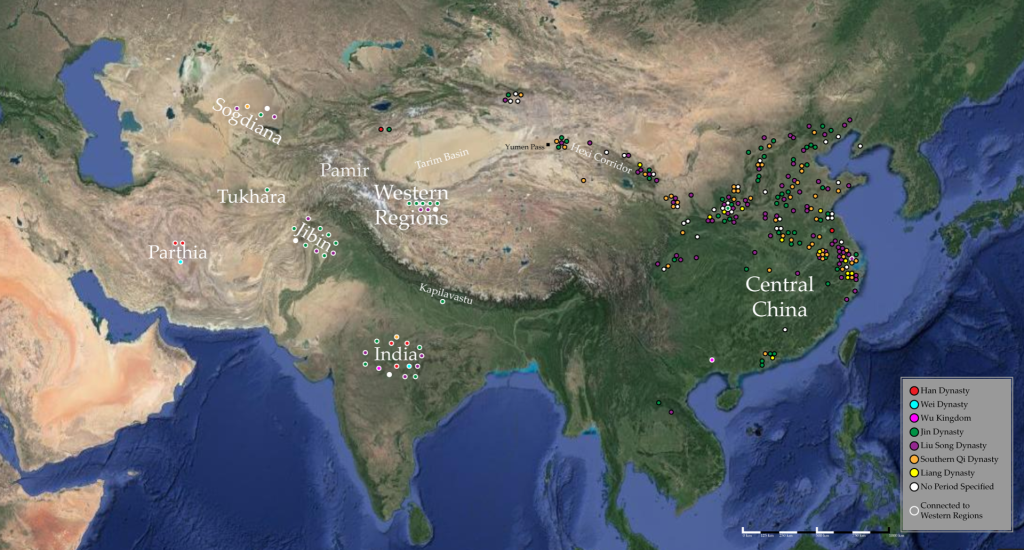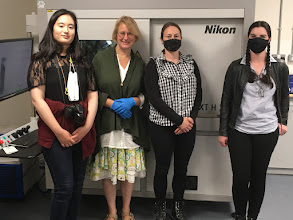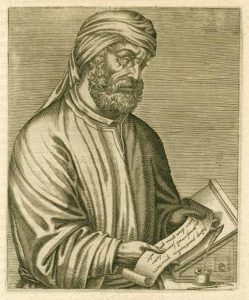I returned from the AIA-SCS 2023 Annual Meeting in New Orleans (a.k.a. NOLA), just in time for the new term, glad to have seen old friends, learned new things, and enthused about the future of our academic field. This is the Joint Meeting of North America’s big professional organisations for (old world) archaeology—Archaeological Institute of America—and Classics—Society for Classical Studies.
This annual meeting traditionally hosts up to 3000 scholars, teachers & others, from across the world. The numbers were hard to judge this year because it was a blended meeting, with all papers accessed online whether or not they were delivered ‘in the flesh’. Reading’s Classics department chose both options, with Prof. Aston & me each delivering papers, Aston’s online, in Insiders and Outsiders in Ancient Thessaly’ (no surprises there!) and mine in person, in a double-session, Phenomenology and the Painted Vase. One of our recently minted PhDs, Jessie Feito, spoke on the results her postdoctoral project, with Koç University—’Fields of Gold: Lydian Diet at Sardis’—in a session on the Social Life of Landscapes. They also caught up with Signe Barfoed, who has just finished her Norwegian Research Council postdoctoral fellowship with Classics@Reading but is now in Oslo.
In between academic meetings participants had to dodge contestants in the Miss Universe contest, with which we shared the hotel, and of course their photographers! NOLA treated us to four days of perfect sunny weather and amazing food (once we escaped the hotel). Our former colleague and friend Katherine Harloe (now Director of the Institute of Classical Studies) beckoned us to an award-winning Trinidadian restaurant and I even escaped long enough to attend NOLA’s first parade of the year, the ‘Maid of Orleans’ Parade celebrating Joan of Arc’s 611th birthday, on 12th Night! It is clear in any case that NOLA is a great place to meet and think about lessons from the past!
Written by Professor Amy Smith.











 shire Museum in Woodstock
shire Museum in Woodstock


